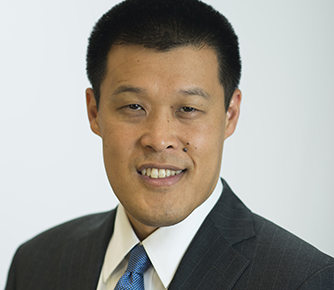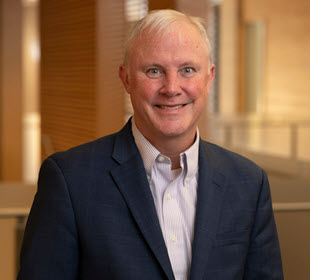Medical respite programs play a key role in health care interventions for homeless individuals who are too healthy to remain in a hospital but who still need medical care to help them fully recover. For these individuals, medical respite programs serve as a transitional option, where they can continue their care plan in a safe place.
But even with the critical role they serve, medical respite programs lack the sustainable funding needed to cover transitional housing costs for these individuals, which is pivotal to improving their health outcomes. When states, hospitals, health plans, shelters and community and clinical providers come together across the system, we can define and fund this in-between space through policy reform and create a medical respite model that will better serve our communities. To address this need, UnitedHealthcare Community & State is exploring multi-stakeholder solutions to cover the cost of medical respite care, which includes ongoing health care services, room and board, and support services.
Providing stable recovery settings and care through policy reform
While individuals who qualify for long-term services and supports have coverage for room and board costs through Medicaid, there are no sustainable options for individuals facing homelessness as they transition out of hospital care. Hospitals typically front these costs, as their beds are often filled by repeat patients who require a safe place to manage their conditions following discharge. While health care services provided as part of medical respite programs may be largely billable, interim room and board and support services for these individuals as they recover must also be funded.
UnitedHealthcare Community & State has supported medical respite care programs in the past, but policy reform is needed to help fully solve for this need. If state Medicaid agencies formally covered medical respite programs, managed care organizations (MCOs) like UnitedHealthcare could then work with hospitals to help patients enter into these programs upon discharge. We could then leverage the expertise of federally qualified health centers, other medical respite providers and community partners to help establish new programs and expand or enhance existing programs.
Exploring statewide medical respite benefits in Washington State
Medical respite programs have expanded in Washington State in recent years, with approximately 10 programs in place today. Take for example the Edward Thomas House, which is a collaboration between Harborview Medical Center and the King County Health Care for the Homeless Network. The program — which was created around a harm reduction philosophy — has 34 beds and provides 24/7 care and housing, including an available nurse.
UnitedHealthcare Community Plan of Washington contracts directly with Harborview to align medical respite services for our members through this program, including making a nurse available to patients by paying a per diem rate. While Medicaid MCOs have collaborated to facilitate reimbursement for the services covered by Medicaid, the stability and capacity of this program remains limited without a formal statewide benefit.
Medical respite program funding is largely patchworked. And the absence of a formal benefit also results in a lack of standards to define the extent of care provided to these individuals. In partnership with health care providers and community-based organizations, we are working to push for legislation that will help identify what it would take to adopt a medical respite care benefit in Washington State. A covered benefit would increase the program’s stability, improve capacity, provide an opportunity to lower care costs and support individuals with the goal of preparing them to move into stable housing.
With a small amount of funding, the Health Care Authority can analyze the cost-effectiveness of the benefit and develop an implementation plan. This plan will identify the components needed to establish a statewide benefit, such as reimbursement mechanisms, federal waivers and provider outreach.
Setting standards for medical respite care
While there are many shelters across the country that offer beds for people to rest, these individuals still do not have access to the wraparound medical care and social supports that make medical respite care effective. The National Health Care for the Homeless Council (NHCHC) has set standards for medical respite to ensure patients receive quality health care, and UnitedHealthcare Community & State has partnered with them to co-author a paper on how to leverage Medicaid to finance respite care. We also provide seed funding for the creation of the NHCHC’s National Medical Respite Institute, and we will continue to strengthen this partnership as we promote these standards on a wider scale to improve care for homeless populations.
Read more from Andy McMahon and Dr. Stephen Cha

